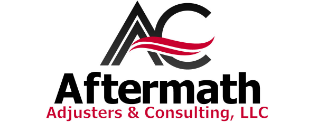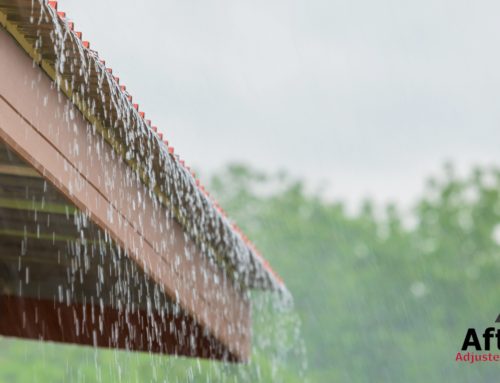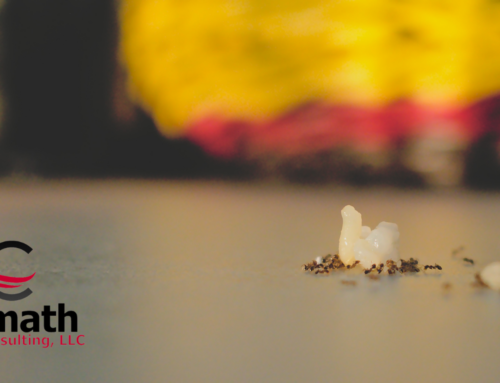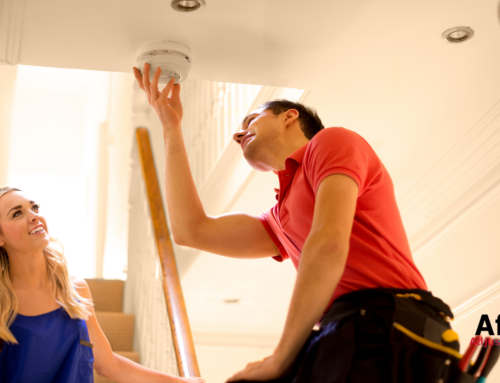With Hurricane Ian, hurricanes have made up nine of the 10 costliest natural disasters in the United States. For those in Florida affected by hurricane Ian, there are several things you should know about hurricane claims.
#1: Homeowners Insurance Isn’t Flood Insurance
Homeowners insurance covers some water damage. This includes such things as water that came into the home through:
- Holes in the exterior of the building
- Windows
- Doors
- Roof
This is known as wind-driven rain and water. However, water that comes in from the bottom, is not covered. In other words, if water enters your home from a storm surge or an overflow of a lake or pond, it is not covered.
For flood damage, Florida residents must have special insurance, like that provided by the National Flood Insurance Program. There is also private flood insurance available. If you experienced flood damage with Hurricane Ian, or another storm, and don’t have flood insurance, you should still make a claim to your homeowners policy. You may be able to have some of your expenses covered if caused by the wind.
#2: Hurricane Deductibles Are Different
Many homeowners choose a deductible of $1,000 for their standard homeowners policy. Of course, there are several options to choose from. What you may not realize is that a hurricane deductible is not the same as other covered events. For hurricanes, insurance companies can charge a percentage of your coverage, typically between 5% and 10%.
Let’s look at an example. Let’s say that you have $750,000 worth of coverage. Your wind deductible is set at 7%. That means that your deductible for wind damages is $52,500. That is significantly more than the $1,000 deductible for other damages.
#3: There Are Rules for Fallen Trees
There are specific rules for insurance payout when a tree falls during a hurricane. Here is what you need to know.
- If a tree falls on your house, your insurance will pay for the damage.
- If your tree falls on your neighbors house, their insurance will pay for the damage.
- If a tree falls without damaging anything, your insurance may pay nothing at all, though in many cases, there is a cap per tree at between $500 and $1,000
#4: You May Qualify for Additional Assistance
There are several programs available to help victims of a hurricane. This can include such things as:
- Temporary housing
- Medical assistance
- Financial assistance
A good place to find this type of assistance is through the government website www.disasterassistance.gov. This will help you find out about aid in your area.
Another way to find help is through FEMA. You can locate your local recovery center by going to https://egateway.fema.gov/ESF6/DRCLocator
Finally, look for local, state, and national non-profits who may be offering assistance to those who suffered from damage.
#5: Let a Public Adjuster Help
Filing an insurance claim is not easy, especially when you are experiencing the stress of major hurricane damage. The process requires many specific forms, deadlines, and information that may not be easy to understand or provide. Additionally, you may find that your insurance company is pushing you to settle before you are certain that you are getting a full payout.
That’s why you may want to get the help of a public adjuster. They can help you assess the damage, document your losses, file the claim, attend inspections, calculate repair estimates, and negotiate a settlement on your behalf.
Aftermath Adjusters & Consulting, LLC is a Florida firm with years of experience helping citizens with their insurance claims. If you are having difficulty with your hurricane claim, give us a call and let us help you get the settlement you deserve.









